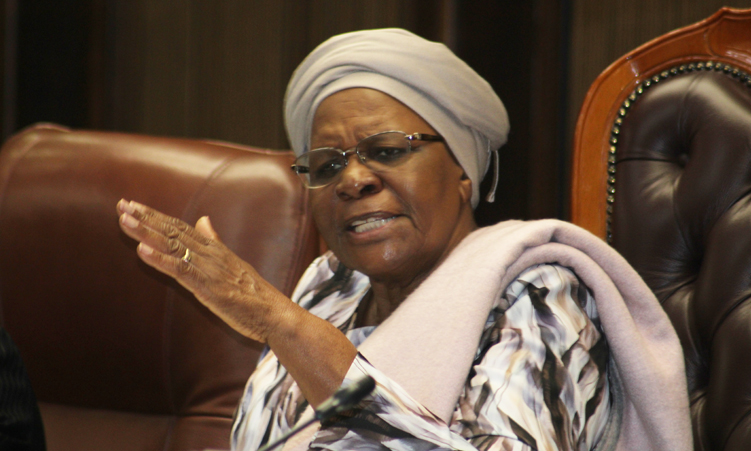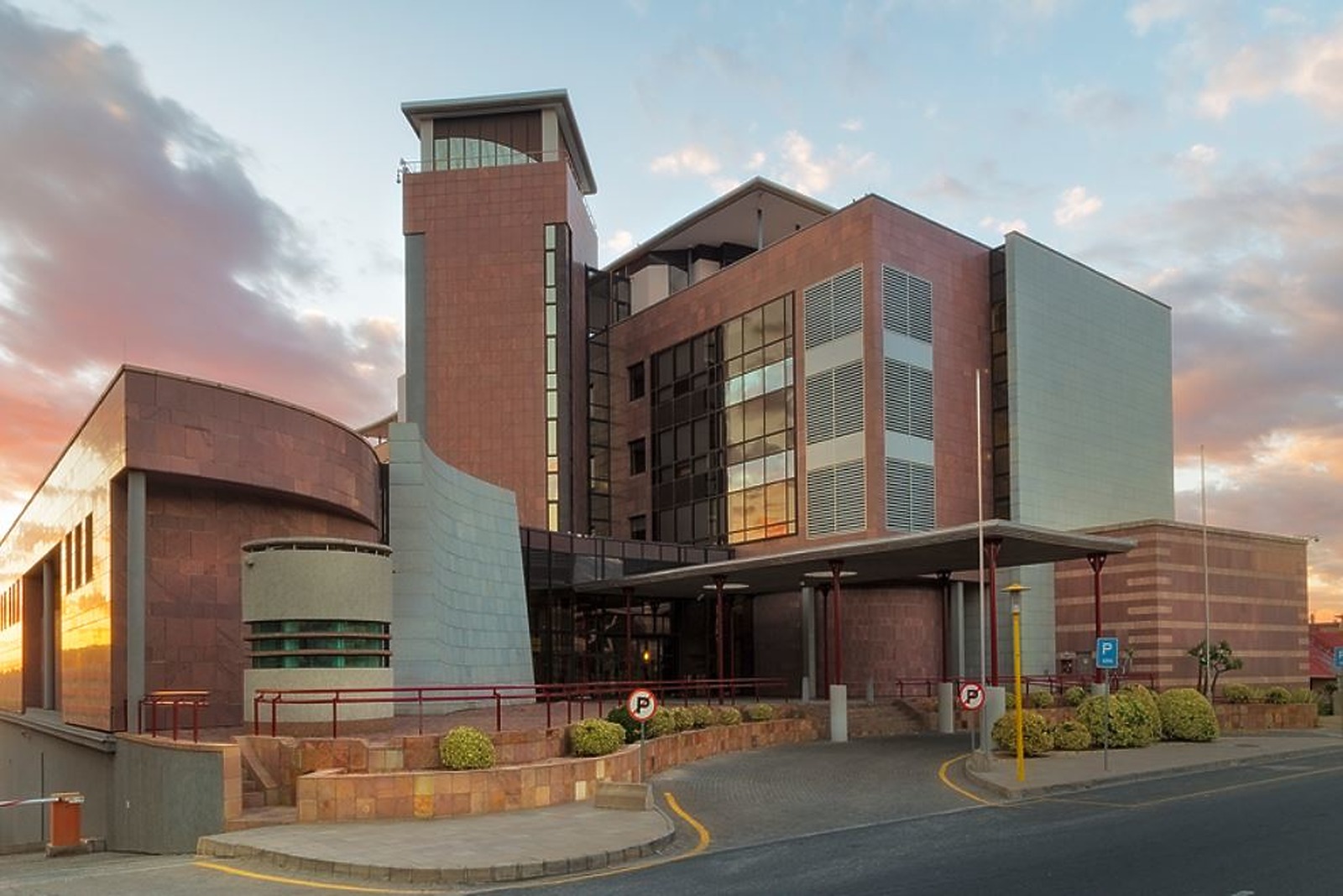THE Electoral Commission of Namibia (ECN) has registered a record high of 93 independent candidates to contest in November’s regional council elections.
This year, however, saw fewer female candidates.
The independent candidates are among 493 nominated to contest for positions at 121 constituencies.
They will face off against 18 registered political parties for those positions.
The ECN’s chief electoral officer, Theo Mujoro, in a statement issued yesterday said 18 political parties and 13 associations have registered to partake in the various local authority elections.
Mujoro said of the 493 candidates participating in the elections, only 70 are women.
Swapo has already won at four constituencies after other political parties failed to nominate candidates.
The uncontested constituencies are Nkurenkuru, Torondo, Mankumpi and Uuvudhiya.
Mujoro said in these four constituencies, candidates were declared duly elected in accordance with the law.
He, however, did not reveal information on the nomination of candidates for local authority elections, saying the commission was still busy with the verification process.
“The final proclamation will be gazetted on 6 November 2020, containing the full names of candidates who will be contesting in the regional council and local authority elections,” Mujoro said.
The ECN has determined 25 November as the date on which the elections will take place.
Special voting will be conducted on 23 November.
Political commentator Ndumba Kamwanyah yesterday said the surge in independent candidates could be an indication that “a lot of people, especially the youth, are not happy with party politics and structures”.
“This unhappiness is linked to the perception that the current political parties are outdated and miserably failing young people and the nation at large. [There is also] a general unhappiness with poor economic performance and service delivery. What better time to try it than now when the nation is hungry for change?” he said.
Kamwanyah said the record number of independent candidates could also be attributed to the euphoria and excitement generated by the participation and performance of Panduleni Itula, leader of the Independent Patriots for Change (IPC), Walvis Bay Urban constituency councillor Knowledge Iipinge, and Angelina Immanuel, who contested in the Ondangwa Urban constituency by-elections in 2019.
“[It] has opened a lot of people’s eyes that they can do it alone instead of waiting to be nominated by a party,” he said.
Kamwanyah expressed disappointment with the small number of women nominated to take part in the elections.
He said it was a setback after the progress made a few years ago.
“The gains we have made in ensuring that women are nominated and elected is rapidly evaporating, and it’s not a good situation to find ourselves in. Especially at local level women’s presence in these structures is critical,” he said.
Graham Hopwood, director of the Institute for Public Policy Research (IPPR), also expressed concern over the reduced number of women nominated for the upcoming elections.
He said this could be attributed to the first-past-the-post system used for regional elections as opposed to the proportional representation system used for local authority elections.
He said stakeholders should consider revisiting the Regional Councils Act “to see if it can be changed to include a minimum number of female or male candidates that any party can field”.
“Parties can also adopt voluntary quotas to improve the number of female candidates standing in regional elections. More fundamentally, we need to address the barriers that keep women from actively and effectively participating in politics. Such obstacles include a lack of finances, mobility and public safety, and intimidation and violence,” Hopwood said.
Stay informed with The Namibian – your source for credible journalism. Get in-depth reporting and opinions for
only N$85 a month. Invest in journalism, invest in democracy –
Subscribe Now!










